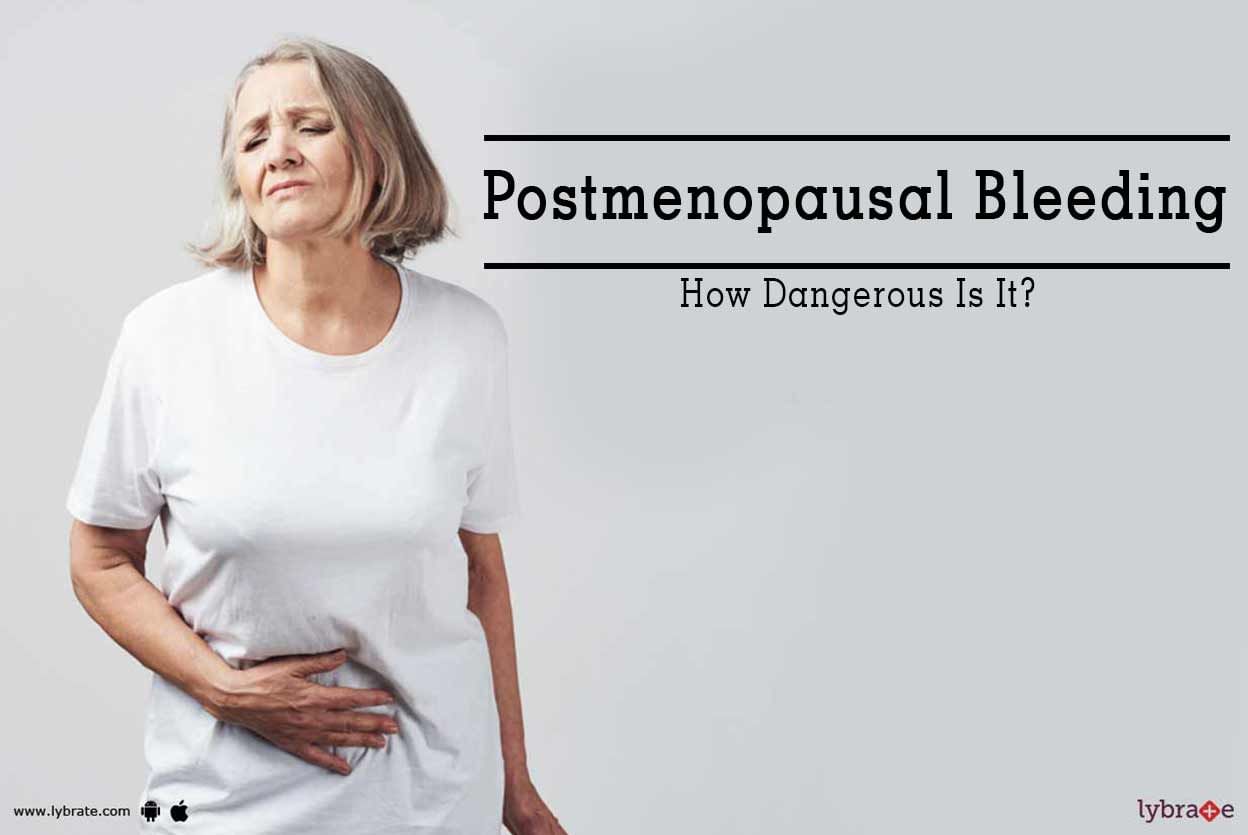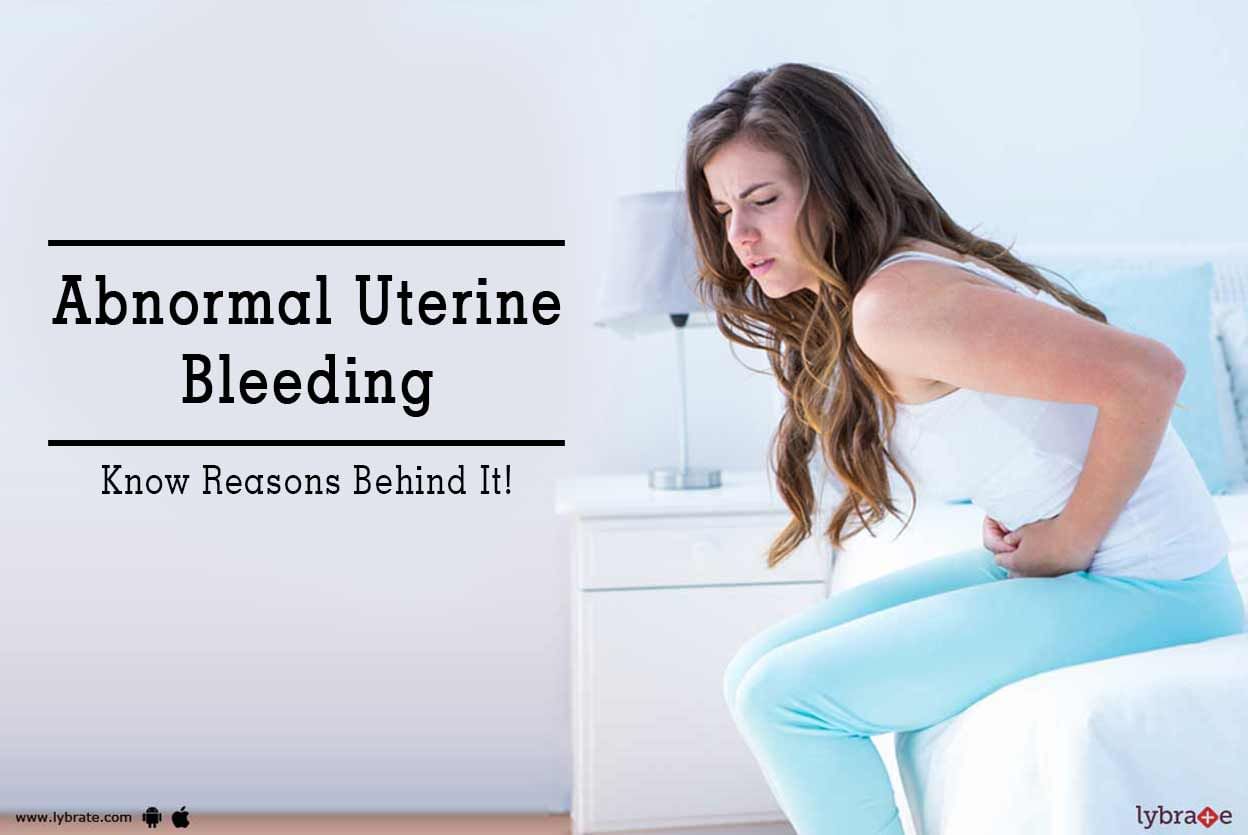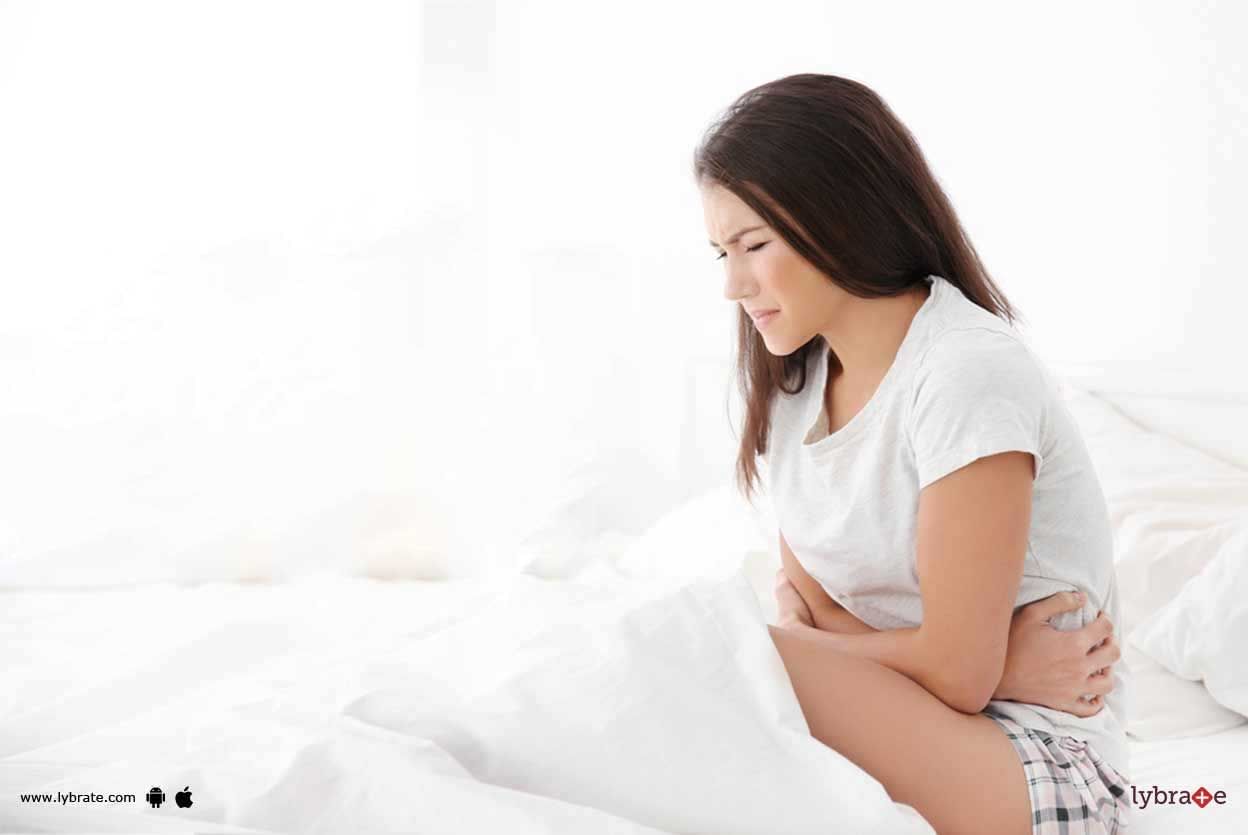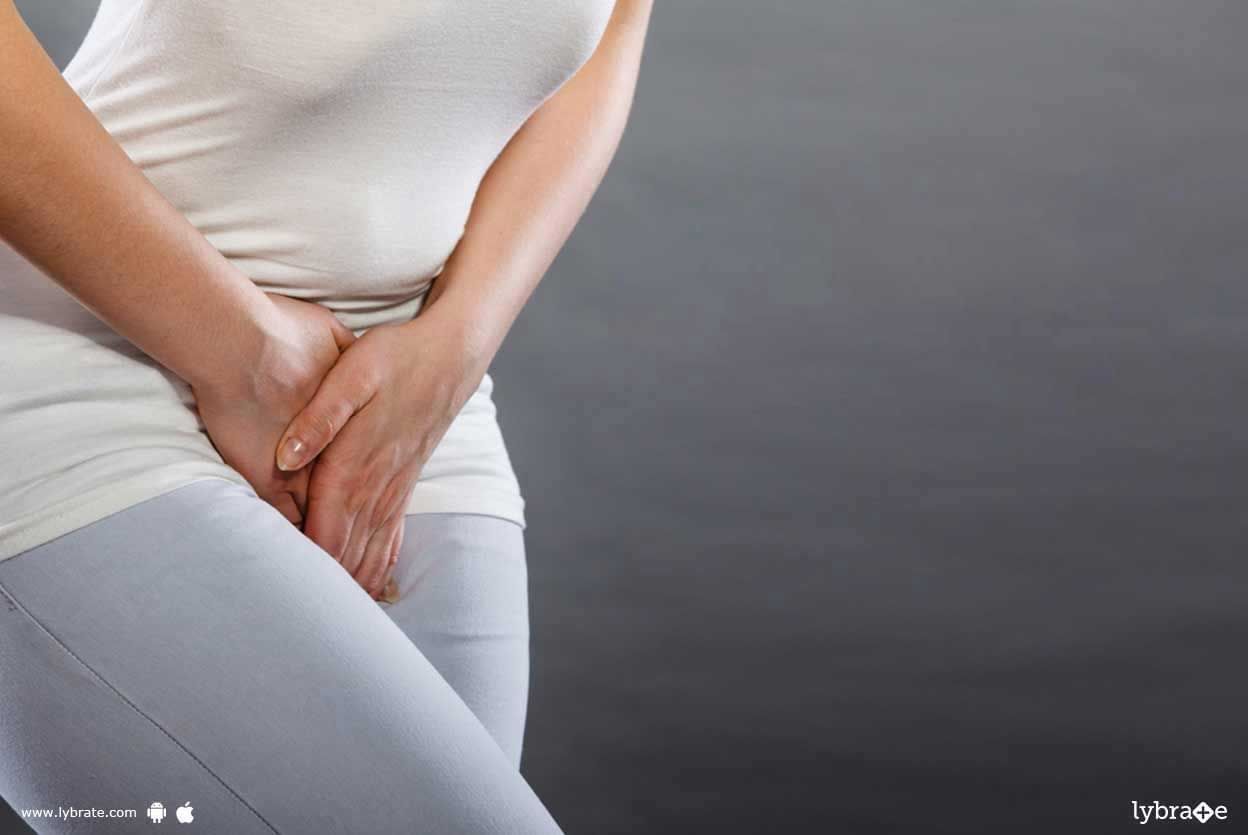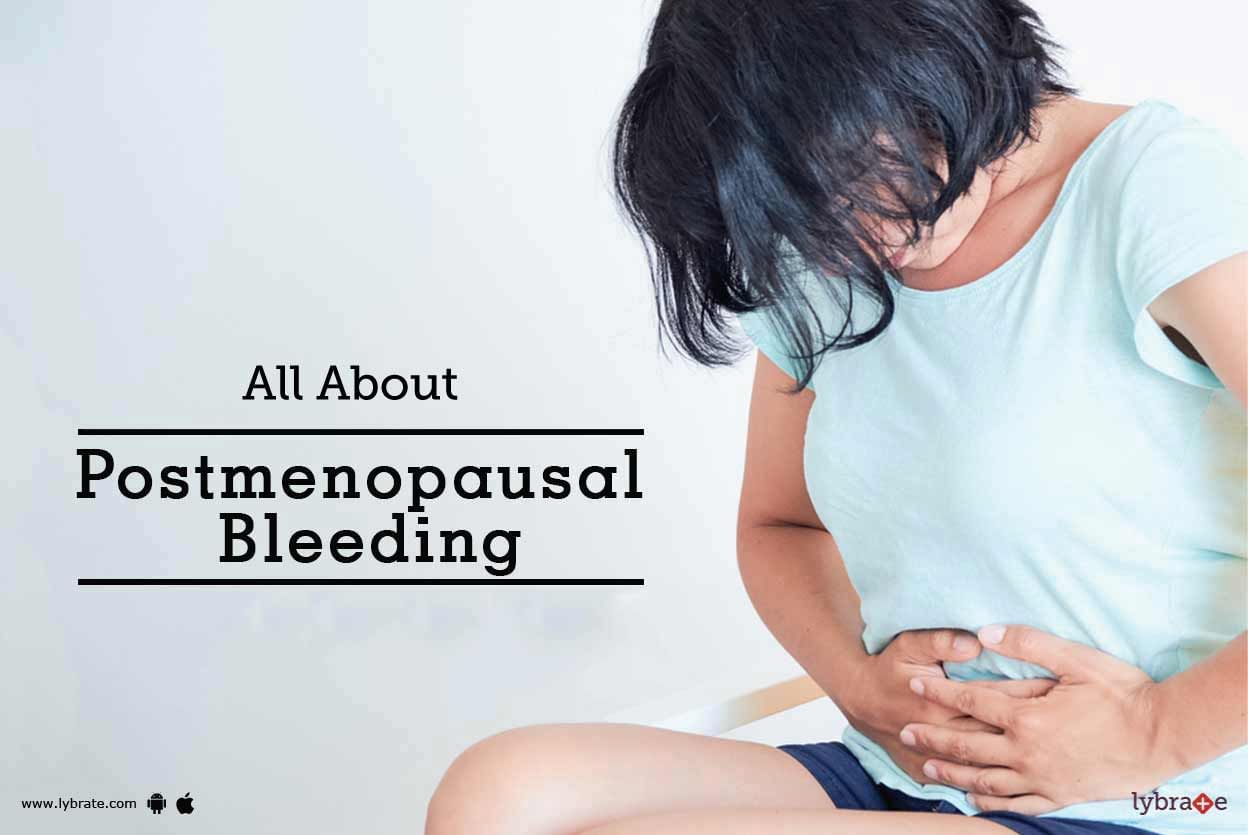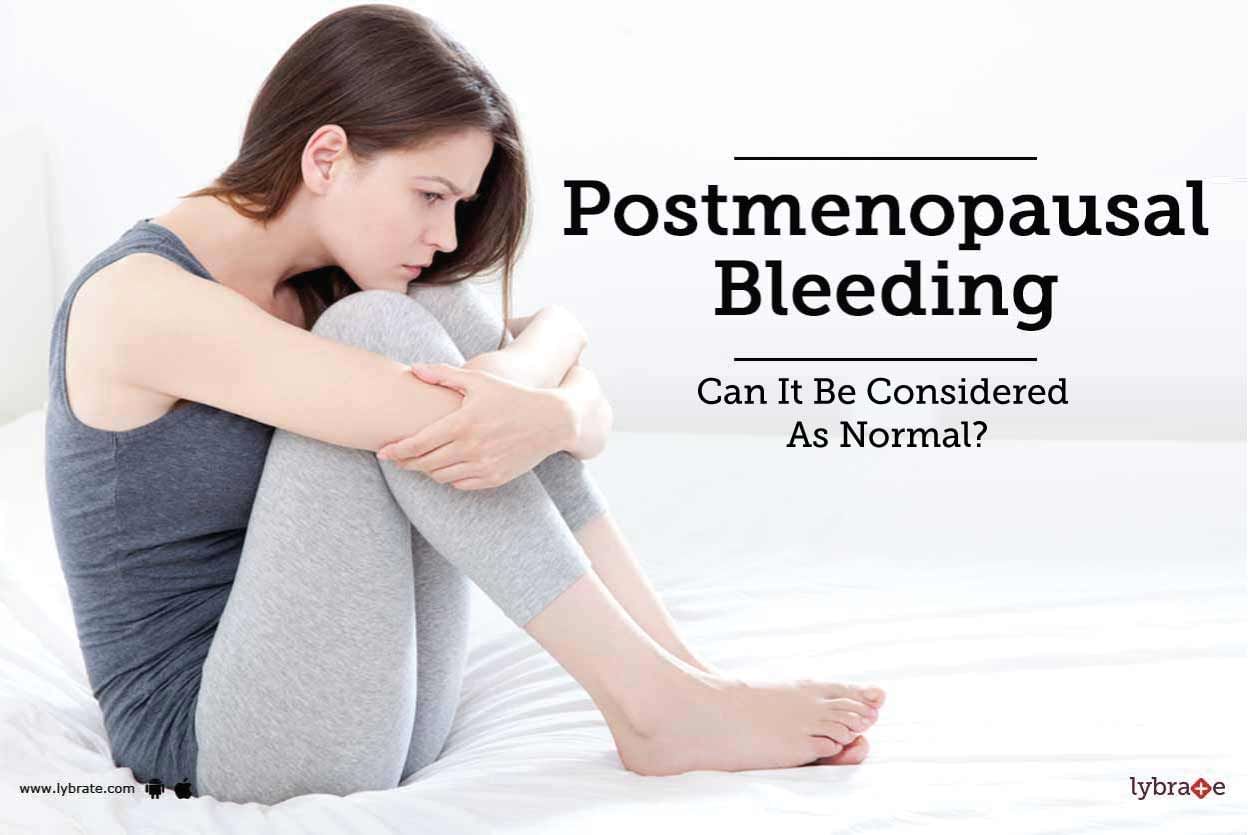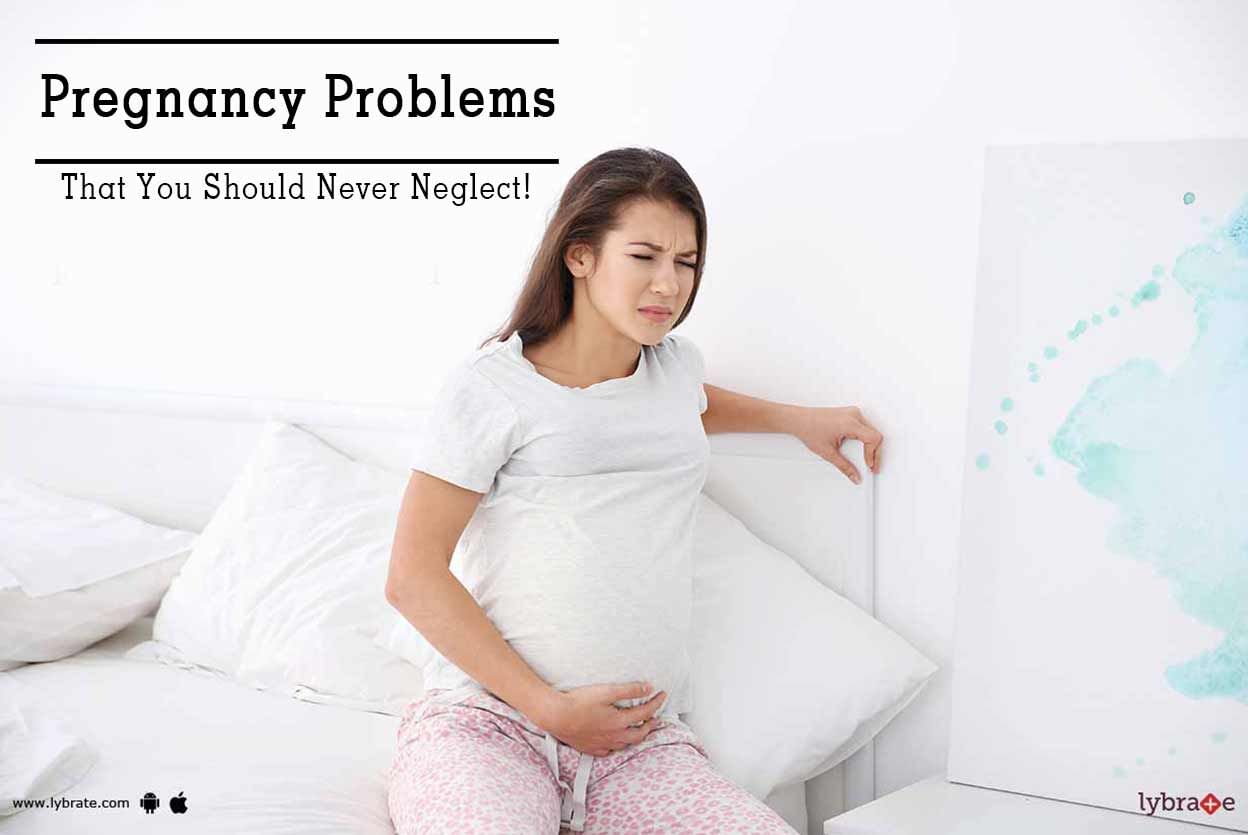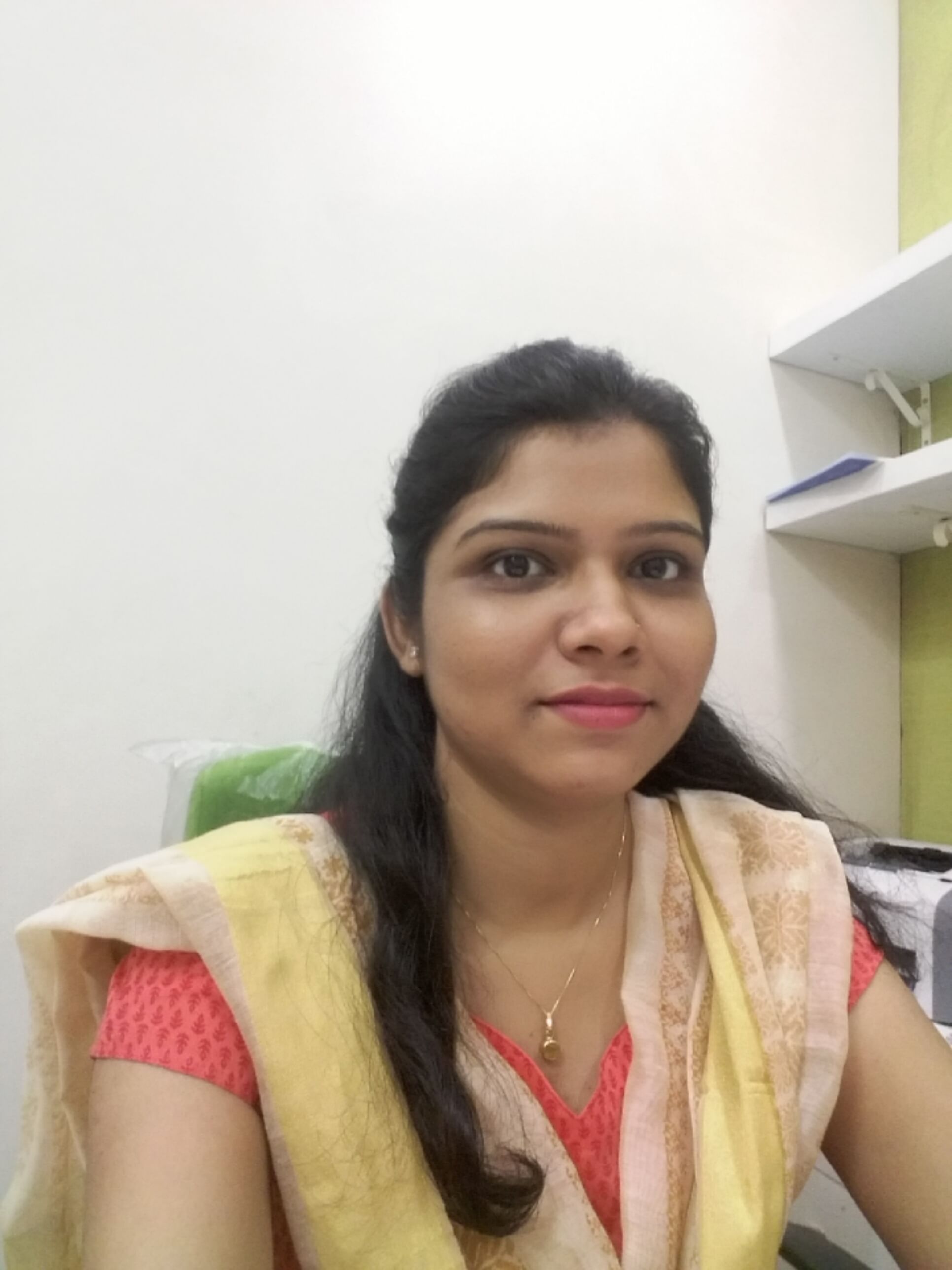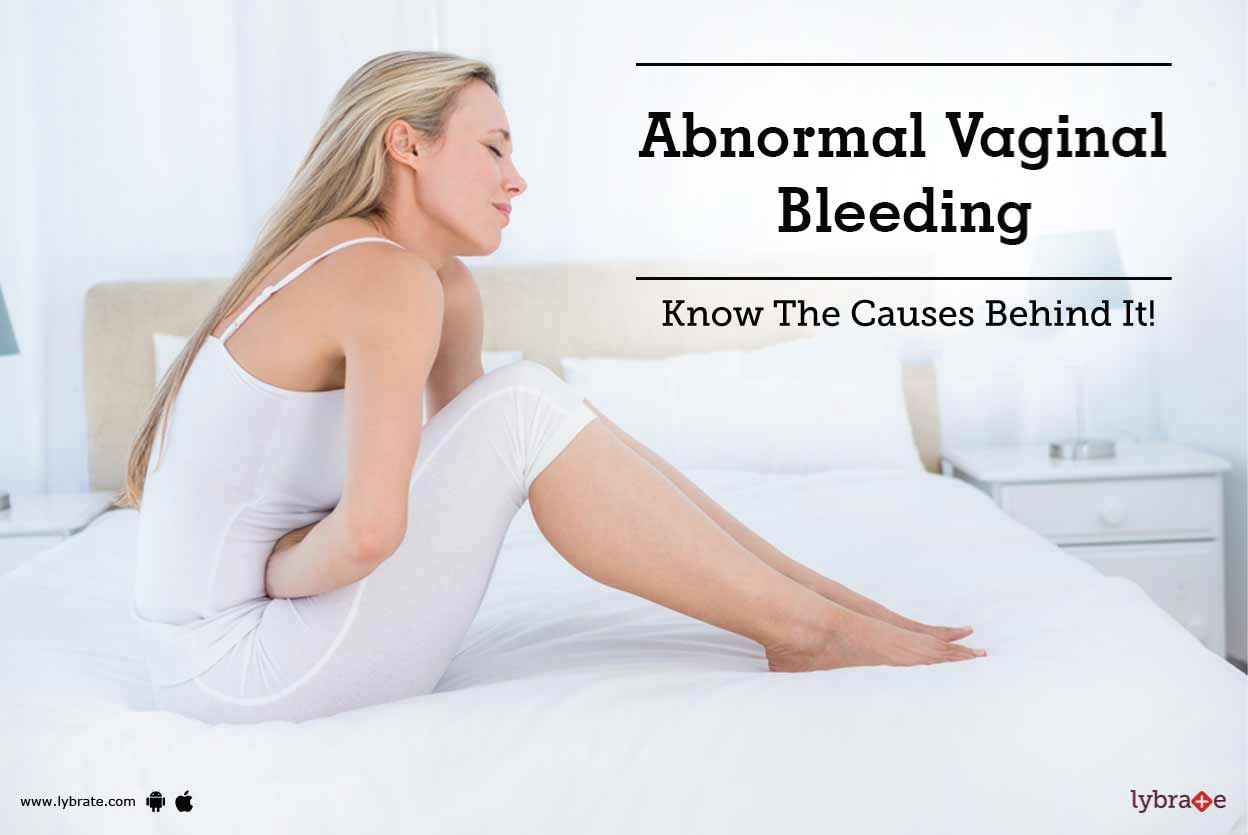Get the App
For Doctors
Login/Sign-up
About
Health Feed
Find Doctors
Health Packages
AllQ&AsTipsQuizzes
Bleeding Tips
Last Updated: 6 years ago• Featured Tip
Share
Bookmark
Report
Most women attain menopause between the ages of late 40s and early 60s, the average age being about 51. This is an important milestone in a women-s gynaecological history. One major change is altered female hormone levels, and this leads to a lot of physiological changes. From hot flashes to mood swings, there is also increased predisposition to osteoporosis and uterine cancer.
If you have not had your menstrual cycles for close to 12 months, chances are you are into menopause. So, that...more
If you have not had your menstrual cycles for close to 12 months, chances are you are into menopause. So, that...more
Last Updated: 6 years ago• Featured Tip
Share
Bookmark
Report
A uterus has 2 layers the one with a thin layer is known as the endometrium and the thick outer layer is known as myometrium. Menstruation occurs after every 10-14 days post the ovulation. In a normal menstruation cycle, the wall of the endometrium thickens as part of the preparation process o pregnancy. In a normal scenario, the endometrium wall sheds if a woman does not conceive. While doing this the uterus might shed some blood. However, if the bleeding becomes erratic and in higher frequenci...more
Last Updated: 6 years ago• Featured Tip
Share
Bookmark
Report
Endometriosis is a disease in which cells that form the lining of the uterus grows at abnormal locations. These cells grow on organs like ovaries, urinary bladder or rectum.
Symptoms that can be accompanied by this condition are as follows:
Pelvic pain or cramps before or during menstrual period
Pain during or post sex
Pain at the time of ovulation
Pain during bowel movements
Rectal bleeding during period
Pain during urination
Lower back painmore
Symptoms that can be accompanied by this condition are as follows:
Pelvic pain or cramps before or during menstrual period
Pain during or post sex
Pain at the time of ovulation
Pain during bowel movements
Rectal bleeding during period
Pain during urination
Lower back pain
Last Updated: 6 years ago• Featured Tip
Share
Bookmark
Report
Uterine fibroids, also known as leiomyomata, are non-cancerous growths which develop in and around the uterus or the womb and form benign tumors in course of time. Though there are several types of uterine fibroids, they are all consistently similar in their genetic makeup. They are generally classified depending on their specific locations:
Myometrial or intramural fibroids
Submucosal fibroids
Subserosal fibroids
Pedunculated fibroids
Signs and symptoms
In most...more
Myometrial or intramural fibroids
Submucosal fibroids
Subserosal fibroids
Pedunculated fibroids
Signs and symptoms
In most...more
Last Updated: 6 years ago• Featured Tip
Share
Bookmark
Report
Most women attain menopause between the ages of the late 40s and early 60s, the average age being about 51. This is an important milestone in a women-s gynecological history. One major change is altered female hormone levels, and this leads to a lot of physiological changes. From hot flashes to mood swings, there is also increased predisposition to osteoporosis and uterine cancer.
If you have not had your menstrual cycles for close to 12 months, chances are you are into menopause. So, t...more
If you have not had your menstrual cycles for close to 12 months, chances are you are into menopause. So, t...more
Last Updated: 6 years ago• Featured Tip
Share
Bookmark
Report
Haemorrhoids are enlarged and elongated rectal veins and during defecation causes bleeding. Some precautions can avoid haemorrhoids to bleed. The fissure is ulcer and fistula discharging tract in that area.
The Precautions are -
1. Avoid prolonged sitting and continues travelling.
2. Take care of constipation that will minimise pressure on haemorrhoids.
3. Avoid spicy, and non vegeterian diet.
4. Keep regular eating habits with vegetarian fibrous fres...more
The Precautions are -
1. Avoid prolonged sitting and continues travelling.
2. Take care of constipation that will minimise pressure on haemorrhoids.
3. Avoid spicy, and non vegeterian diet.
4. Keep regular eating habits with vegetarian fibrous fres...more
Last Updated: 6 years ago• Featured Tip
Share
Bookmark
Report
Most women attain menopause between the ages of late 40s and early 60s, the average age being about 51. This is an important milestone in a women-s gynecological history. One major change is altered female hormone levels, and this leads to a lot of physiological changes. From hot flashes to mood swings, there is also increased predisposition to osteoporosis and uterine cancer.
If you have not had your menstrual cycles for close to 12 months, chances are you are into menopause. So, that ...more
If you have not had your menstrual cycles for close to 12 months, chances are you are into menopause. So, that ...more
Last Updated: 6 years ago• Featured Tip
Share
Bookmark
Report
Anal fissures arereferred to as a small cut or a tear in the lining of the anus. The cut or crack on the skin is the main cause of the severe pain. The person might observe bright red bleeding during and after passing bowel movements. Sometimes, when the fissure goes deep it exposes the muscle tissue underneath of the anus. An anal fissure might occur due to labor, i.e. during childbirth, straining or pushing during bowel movements, constipation, diarrhea, or certain medical conditions such as i...more
Last Updated: 6 years ago• Featured Tip
Share
Bookmark
Report
Pregnancy is a blissful period, even with all the discomfort associated with it. And with proper awareness and caution, it is possible to keep pregnancy-related complications at bay to have a smooth sailing experience until you deliver the little bundle of joy.
Some women have health issues during pregnancy, while others suffer from disorders before pregnancy, leading to complications at the time of the pregnancy. It is very crucial for women to receive proper health care, both before a...more
Some women have health issues during pregnancy, while others suffer from disorders before pregnancy, leading to complications at the time of the pregnancy. It is very crucial for women to receive proper health care, both before a...more
Last Updated: 6 years ago• Featured Tip
Share
Bookmark
Report
Vaginal bleeding is something that most women experience between their periods when they are not due for a menstrual cycle. It is considered as an abnormal occurrence when you bleed before you are expecting your menstrual period, or after you are done with your monthly cycle. It is usually characterised by bouts of spotting where a thick brown reddish discharge may be experienced. Also, this kind of bleeding is considered abnormal if it occurs during pregnancy or menopause.
Here are a f...more
Here are a f...more
Book appointment with top doctors for Bleeding treatment
View fees, clinic timings and reviews
Ask a free question
Get FREE multiple opinions from Doctors
posted anonymously


